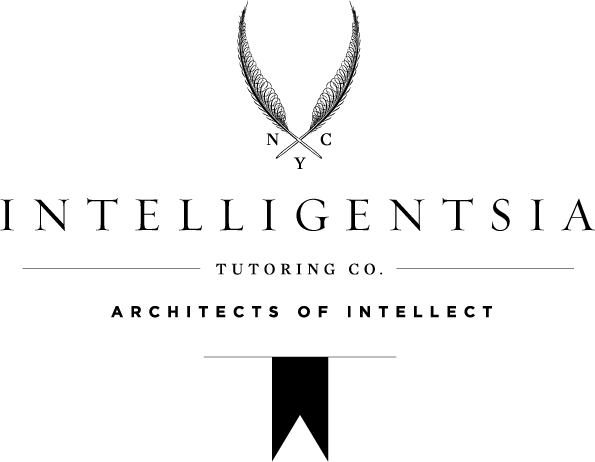On October 1, 2020, the organization Brooklyn Heals Together hosted A Service of Remembrance & Healing, a virtual event to honor those lost to COVID-19 in the North Brooklyn community that Intelligentsia calls home and beyond. The organizers, Diana Zelvin and J. Rebecca Pridmore, asked our president and founder, Hilda Guttormsen, to be one of the speakers that night. In honor of this year’s collective grief, we share her address from that evening with you all.
————————
It’s a deep honor to be a part of this service today and to gather with all of you, even online. To begin to talk about resilience, I do need to talk about grief and mourning. Grief is the organic process that begins when we experience the acute pain of loss. It is our psyche's way—its medicine—to deal with the pain. Mourning is what we do together to express and move through this grief collectively. We mourn with our family, with our friends, with our community. We’ve all experienced such unimaginable loss from Covid19. Most painfully the loss of loved ones, but we’re also grieving the loss of the rhythm of our lives, our connections, our work, the experience of gathering together for performances, celebration, and to mourn those we’ve lost.
As a Jungian psychoanalyst, I learned in my training that grief typically occurs for 6-12 months after a loss. I learned that there can be five stages to the grieving process: denial, anger, bargaining, depression and acceptance. I intellectually tried to understand this profound process and recognize the timing and the stages, but it soon became clear that each person’s process is so different and what one person may need could look nothing like the next. Helping someone grieve requires a psychoanalytic attunement to the individual, a willingness to be with the person where they are for as long as they need to be. To be in the discomfort of not trying to fix or make better, but to be with someone in their unbearable pain so that eventually, they can access a self-regulating principle nascent within them.
I became deeply and personally familiar with grief when my husband, the father of our three children, Matt Seidman, slipped away from this life a little over two years ago. Everything I thought I knew about grief became insignificant—this experience of tragic loss defies language. There are no words for the wound that opens up in your heart when someone you love is taken suddenly. All we can do is surrender to this pain and move through it in our own time with whatever support we can find and is available to us. I was extraordinarily blessed to be caught and held by our community, dear friends, family, and the kids’ school, but my greatest lessons in navigating grief have come from my children. At four, eight, and ten, they had no degree in mental health or a therapeutic understanding about stages of grief and how to process the exquisite pain of losing their father—they just did. They are my greatest teachers in resilience.
In the wake of watching their father die, they still needed to be held when they cried, fed when they were hungry, sleep when they were tired, laugh and play when they felt like it, and rage at me or each other when that’s what they needed to express. They still needed routine and space to acclimate to the new reality, a reality without their father. They still needed to be silly, to dance and to sing. Even in the midst of tragedy they didn’t stop being children, they didn’t stop being themselves. Together we found our way.
Resilience isn’t a method or a treatment plan. Resilience is our life force that is within all of us, in every heartbeat in every breath. It’s our animating principle. Sometimes it takes our world falling apart to realize that we are ok. We are resilient because we’re still here.
I’ve found a lot of resonance these days in the Greek myth of Pandora. In this story, a beautiful woman created by the gods is gifted a magnificent box that she is told must remain sealed. Her curiosity overcomes her and she cannot resist opening the box. Pandora unleashes disease, misery and death upon the world. Pandora is stung by the evil creatures that are realeased over and over again and she slams the box shut. Pandora cries in pain but can still hear a voice inside the box. Believing that the worst had already been released and no more harm could come to her, she opens the box again. What emerges is hope in the form of a dragonfly alighting on her wounds and healing them. Although Pandora has released the ills, she has also released the hope to follow.
— Hilda Guttormsen, LP
[Original address has been edited lightly for online publication.]


